Ultra-wealthy Chinese are leaving a trail of dollars across Australia, boosting sectors from property and education to luxury goods - but not everyone is happy about it.
Australia's relationship with its biggest trade partner, China, has seen better days.
The pair haven't been seeing eye to eye since December, when then Prime Minister Malcolm Turnbull linked Canberra's anti-foreign interference laws to what he claimed were Chinese attempts "to influence the political process" in his country - a claim that prompted an angry Beijing to summon the Australian ambassador and marked a low point from which relations are yet to recover.
Just last month, Beijing's ministry of commerce accused Canberra of interfering with "normal business activities" after it barred Chinese tech giant Huawei from involvement in Australia's 5G network due to unspecified national security concerns. Soon afterwards, the Beijing-linked Global Times sounded the alarm about the rise of China "hawks" in the cabinet of Turnbull's successor as prime minister, Scott Morrison, pointing to the move of minister Marise Payne - a frequent Beijing critic - from the defence to foreign affairs portfolio.
But if the relationship between Canberra and Beijing has seen better days, China's ultra-rich appear to be as enamoured with Australia as ever.
Australia was the world's No 1 migration destination for millionaires last year, according to the 2018 Global Wealth Migration Review from AfrAsia Bank. More than 10,000 high-worth individuals migrated to Australia last year, mostly from China, India and the UK. And about 90 per cent of the visas Australia issued to high-worth investors - those who invest more than A$5 million (US$3.6 million) locally - were for Chinese nationals.
"They see beyond what is in the media," Vera Ou-Young, the head of the Chinese Services Group at consulting giant Deloitte, told This Week in Asia.
When Stonington Mansion sold for A$52.5 million in Melbourne's leafy southeast this year, it took the title for most expensive home to ever change hands in the city.
It is a common story across Australia's top-tier neighbourhoods. From Toorak and Canterbury in Melbourne to Darling Point and Point Piper in Sydney, wealthy Chinese rank among the country's most prolific buyers of high-end real estate.
For China's growing class of ultra rich, Australia has become the go-to destination for investment, leisure and, in many cases, establishing a second home.
"If you were to go, for example, to Monomeath Avenue today … I would say there would be 20 or 30 cars full of Chinese visitors that drive up and down pointing at and looking at all the houses," said David Morrell, director of buyer's advocate firm Morrell and Koren, referring to one of the most exclusive residential roads in Canterbury. "Because that's where they want to live."
Monika Tu, who runs the Sydney-based Black Diamondz Group, a high-end real estate and concierge company, deals with a couple of dozen Chinese clients each week, accounting for up to 80 per cent of her business.
"What is high-end? I would say at the moment about A$5 million to about A$50 million," she said, adding that she'd recently received inquires about a potential sale in the region of A$60 million. "That's the type of properties they are looking for."
Among Chinese looking to invest and do business, Australia is widely seen as safe, stable and secure.
The country ranked 8th in the 2018 A.T. Kearney Foreign Direct Investment Confidence Index, and 14th in the World Bank's rankings for ease of doing business.
"Australia offers great security for high-worth migrants and is a safe place to invest wealth," said John Li, a partner for the Oceania China Business Group at Ernst & Young.
"Its common law tradition, stable financial system and robust institutions are very attractive."
Australian real estate, which has exploded in value in recent decades, is seen as an especially attractive investment. Chinese buyers invested more than A$15 billion in real estate there last year, more than twice as much as any other foreign nationality. In 2016-2017, before a major clampdown by Beijing authorities on capital outflows, Chinese investors poured A$32 billion into Australian property.
Neither figure includes the many Chinese who have acquired Australian citizenship or permanent residency before buying into the market.
"Australian property is certainly an attractive investment," Li said. "The Chinese have made major investments in development sites, agriculture and in businesses more generally."
In many parts of Sydney and Melbourne, average house prices have more than doubled in the past decade. With a median house price of A$1.1 million, Sydney now ranks as the most expensive property market in the world after Hong Kong, according to the Demographia International Housing Affordability Survey. Nevertheless, many wealthy Chinese consider Australian real estate to be better value than the comparably cramped properties available in cities such as Shanghai, Beijing and Hong Kong.
"In terms of price, I think it's still really good value in Australia, for what we have," said Tu from Black Diamondz, who herself migrated from Shenzhen in 1988. "In terms of size, the views, environment, I think it's still very reasonable."
Indeed, business isn't the only draw for China's high-fliers. Australia's reputation for carefree living and pristine natural environments is a major lure for those seeking a better quality of life. "Really it comes back to location," said Deloitte's Ou-Young. "A lot of the decision comes down to lifestyle choices. It's about the environment, the quality of the air."
For those with children and a global mindset, the prospect of high-quality education in an English-speaking country is another major draw, Ou-Young said. "The first generation would like to see their children be successful in Australia."
Read the original article, here. Also check out Perth in our exclusive feature, here.
.jpg)
.jpeg)
_PH_Banner_(Desktop)(1200x180px).png)
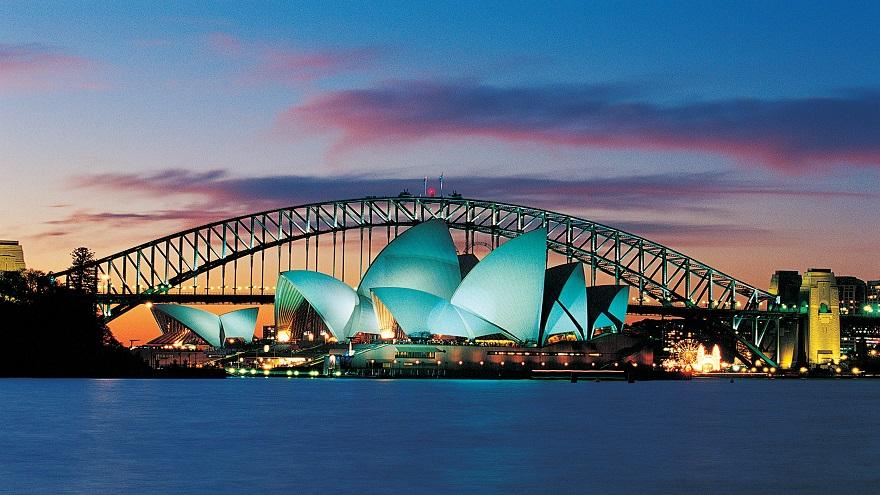
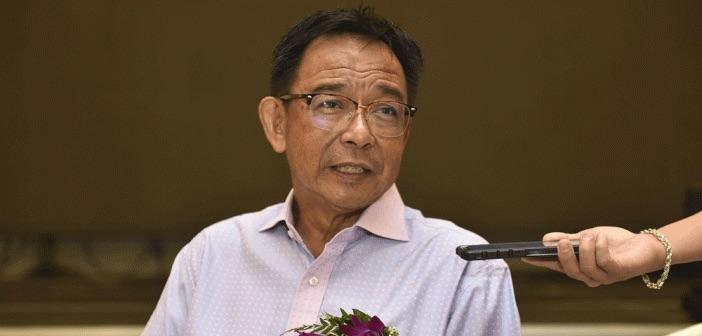
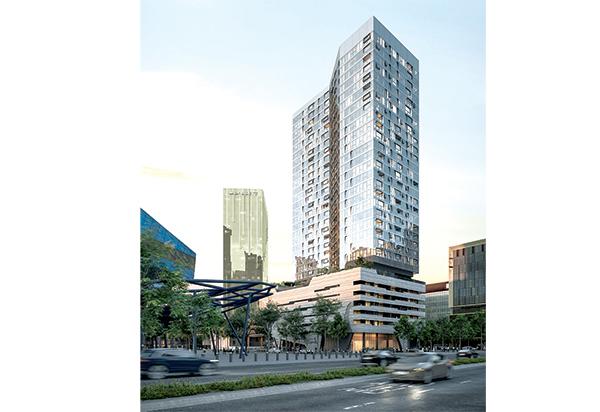
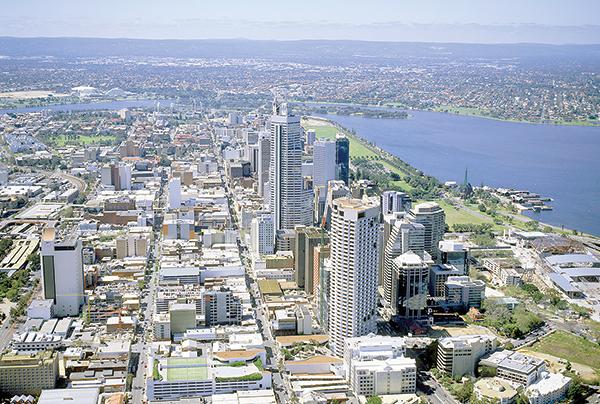
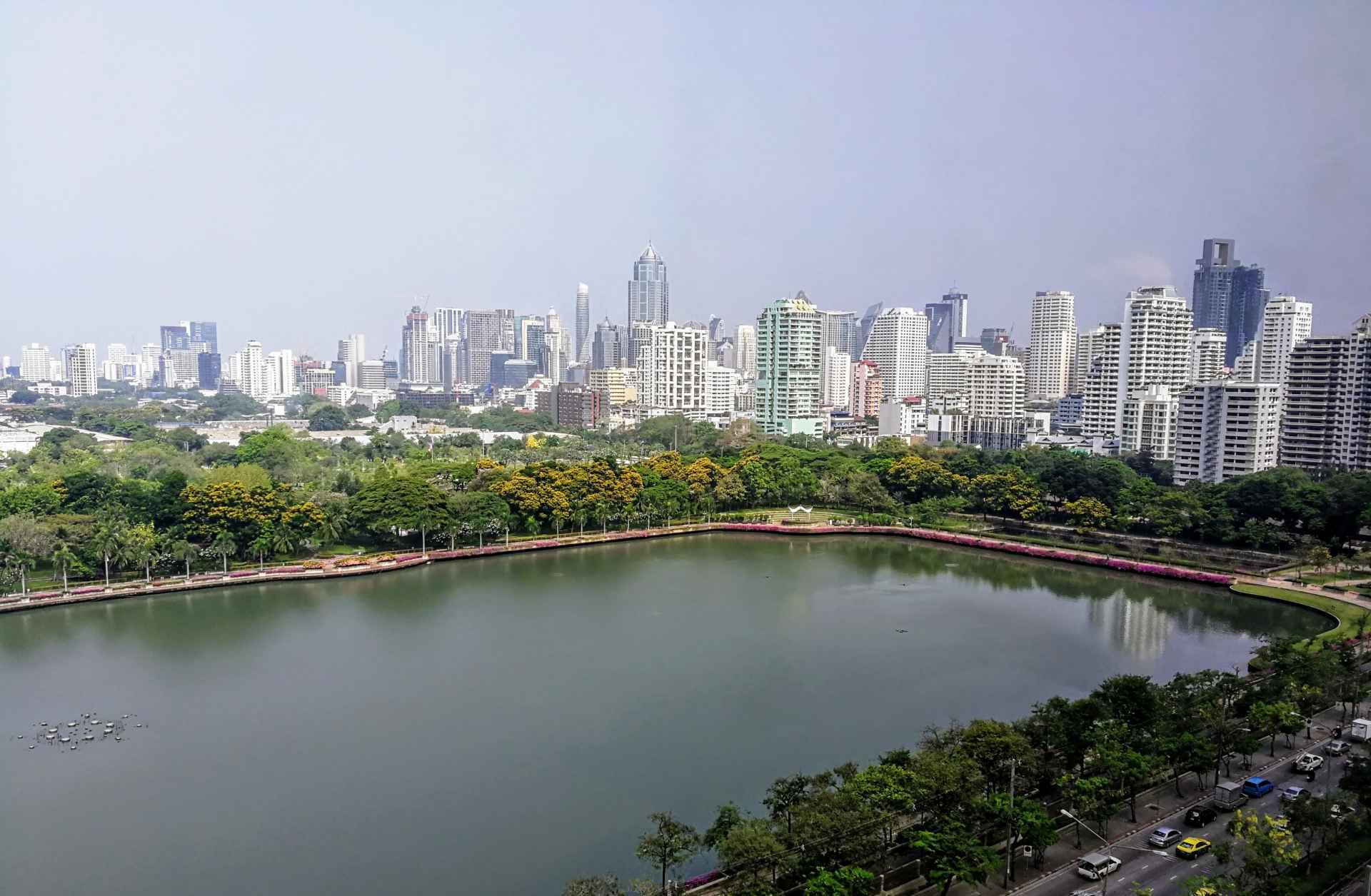
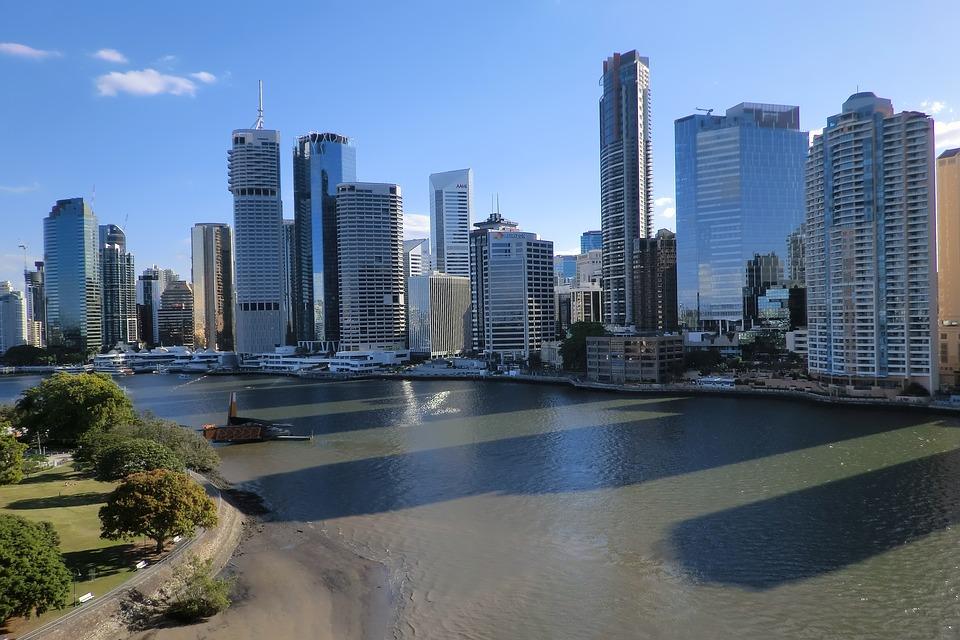
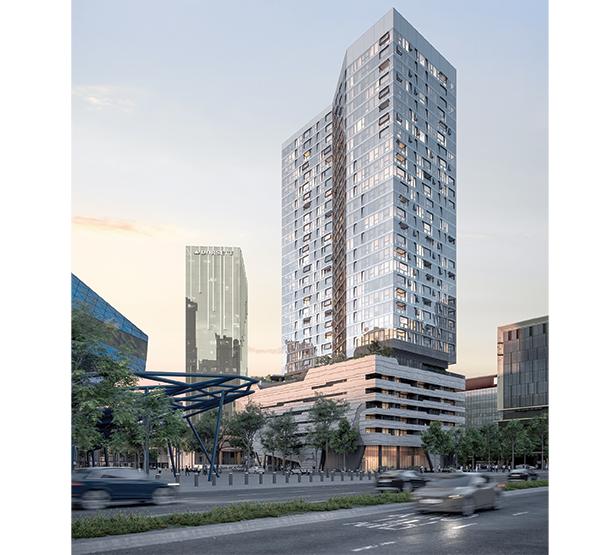

.jpg)
.jpeg)
